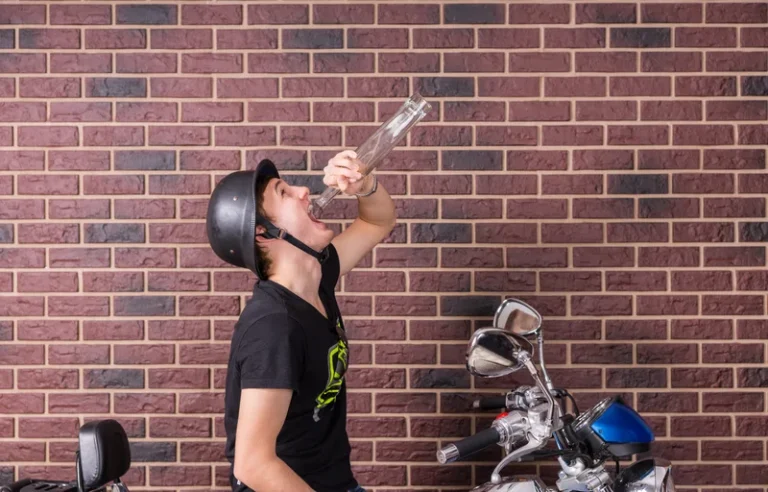
Insomnia from alcohol withdrawal islikely to persistthrough the initial period of abstinence. Insomnia after alcohol withdrawal may, in some cases, persist for months or years. Insomnia is one of the largest setback triggers for people in recovery from an alcohol use disorder. Binge drinking occurswhen a man has five drinks, or a woman has four drinks within two hours. Eye movement increases, often seeming to jerk around, breathing increases and can be irregular and shallow, blood pressure increases and dreams begin. During this period, learning, memory, and processing functions of the brain are enhanced, affecting a person’s long-term memory capacity.
- Finally, going to bed with alcohol in your system increases your chances of having vivid dreams or nightmares, or sleepwalking and other parasomnias.
- Large doses of alcohol produce stupefied and comatose sleep as a primary symptom and sleeplessness as a secondary symptom.
- Repeat as needed, but continue to maintain your sleep schedule and wake-up time.
- The information we provide is not intended to be a substitute for professional medical advice, diagnosis or treatment.
- Just as alcohol affects all of us in different ways — and at different stages — there’s no set rule for how it will affect your sleep.
Can Alcohol Cause Insomnia?
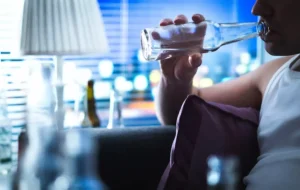
People who regularly drink alcohol are 25% more likely to have obstructive sleep apnea, although the connection may be partly due to other shared risk factors such as obesity. When alcohol has been introduced to the sleep cycle, the functions of the brain are impeded, and the cycles become disrupted. This is particularly true if you drinkwithin an hour of bedtime. This sleep cycle disruption is what causes the person to feel tired and “fuzzy” the next day and can lead to further sleep issues, such asinsomniaoralcohol addictionover time.
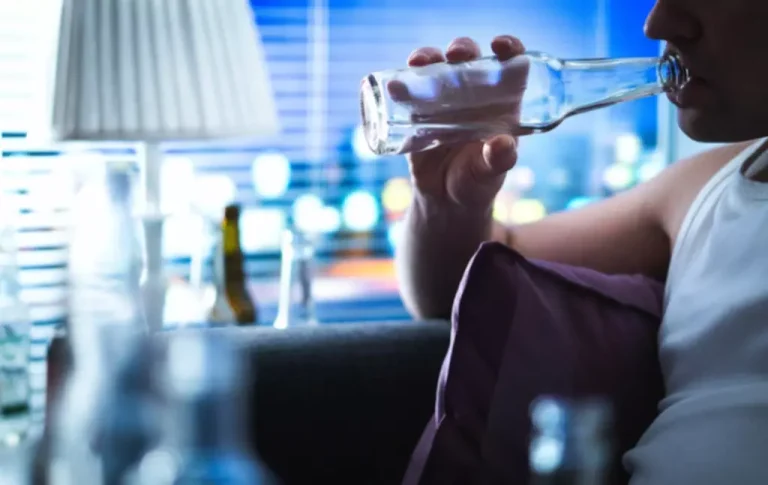
The day after and long-term effects of alcohol
This can greatly increase the risk of sleep apnea especially if you drink within the last couple of hours before bedtime. «First of all, it increases our initial deep sleep, disrupting our sleep stages’ overall balance,» he said. Alcohol is a muscle relaxant, so consuming alcohol at bedtime can make a person more prone to experience a blocked airway. People who typically snore or who have obstructive sleep apnea tend to display more severe snoring and lower does alcohol help you sleep blood oxygen levels after drinking alcohol, especially when they drink close to bedtime.
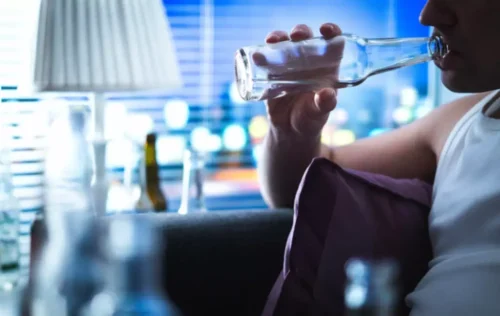
How to prevent disrupting sleep after drinking
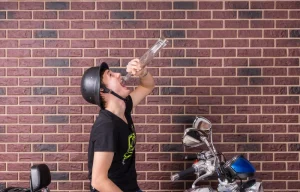
Poor or insufficient REM sleep has been linked to not only grogginess the next day, but also a higher risk of disease and early death. Anyone who’s ever indulged in a drink or two knows that alcohol can make you real sleepy, real fast. Dr. Seema Khosla is the medical director of the North Dakota Center for Sleep and a medical advisor for MedBridge Healthcare. She is also a fellow of the College of Chest Physicians, as well as the American Academy of Sleep Medicine (AASM). Dr. Khosla runs a telemedicine outreach program that serves rural areas in North Dakota and has done so for the past decade.
Researchers
Alcohol has a diuretic effect that causes your body to release more water in the way of urine. The result is a lot of trips to the bathroom and a (mostly) sleepless night. REM sleep has a restorative effect and plays a role in memory and concentration.
- After a few drinks, these increased adenosine levels send us into a deep sleep.
- So, does alcohol help you sleep or is it actually interfering with your quality of rest?
- It’s a sedative, so it can send you into a deep sleep quickly—but that’s not what’s supposed to happen.
- Have you ever woken yourself up snoring after an evening cocktail or two?
- Throughout the night, your brain will cycle through all of the sleep stages multiple times to give you a good night’s rest.
Circadian Rhythm Fasting
If you’re having trouble falling or staying asleep often, see your healthcare provider. They can rule out any underlying cause for your insomnia and recommend the best treatment for you. Finally, regular drinking has been linked to insomnia and other sleep disorders, especially later in life. If you feel pretty drunk, you’ll probably fall asleep quickly but have a restless night.
- Normal sleep cycles through four stages, which are either considered rapid eye movement (REM) sleep or non-REM sleep.
- This is a stage of light sleep where the individual can be easily woken.
- She also served as the inaugural chair of the Clinical and Consumer Sleep Technology Committee and is the current chair of the AASM Public Awareness Advisory Committee.
- As part of this 24-hour cycle, the body releases a hormone called melatonin to prepare us for sleep in the evening.
- Insomnia is one of the largest setback triggers for people in recovery from an alcohol use disorder.
